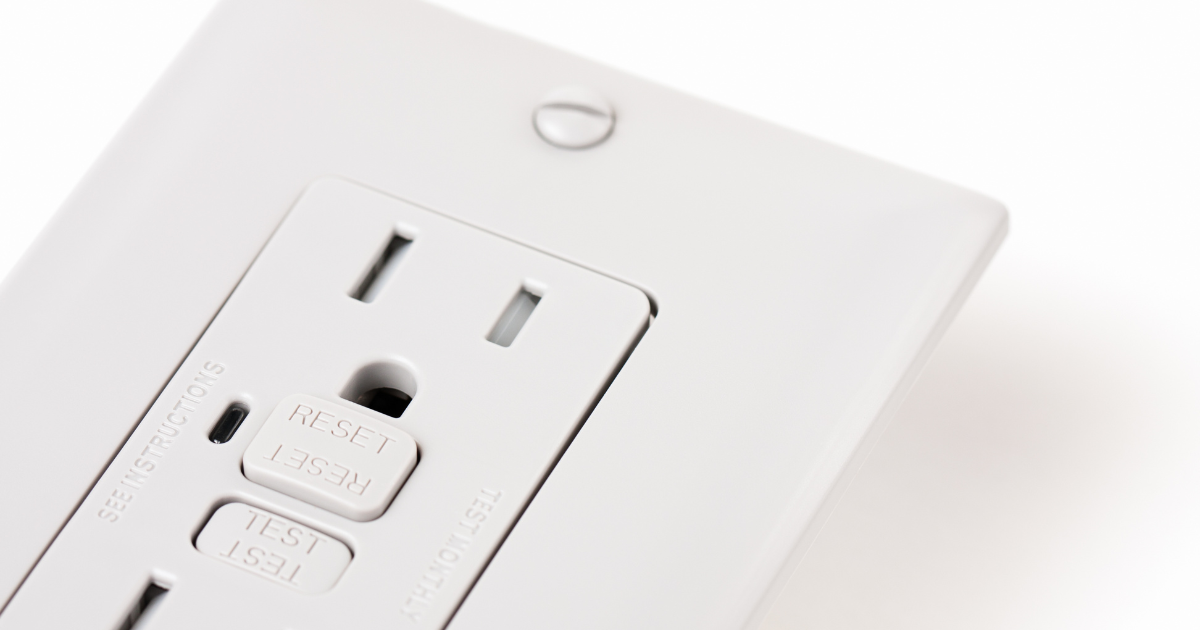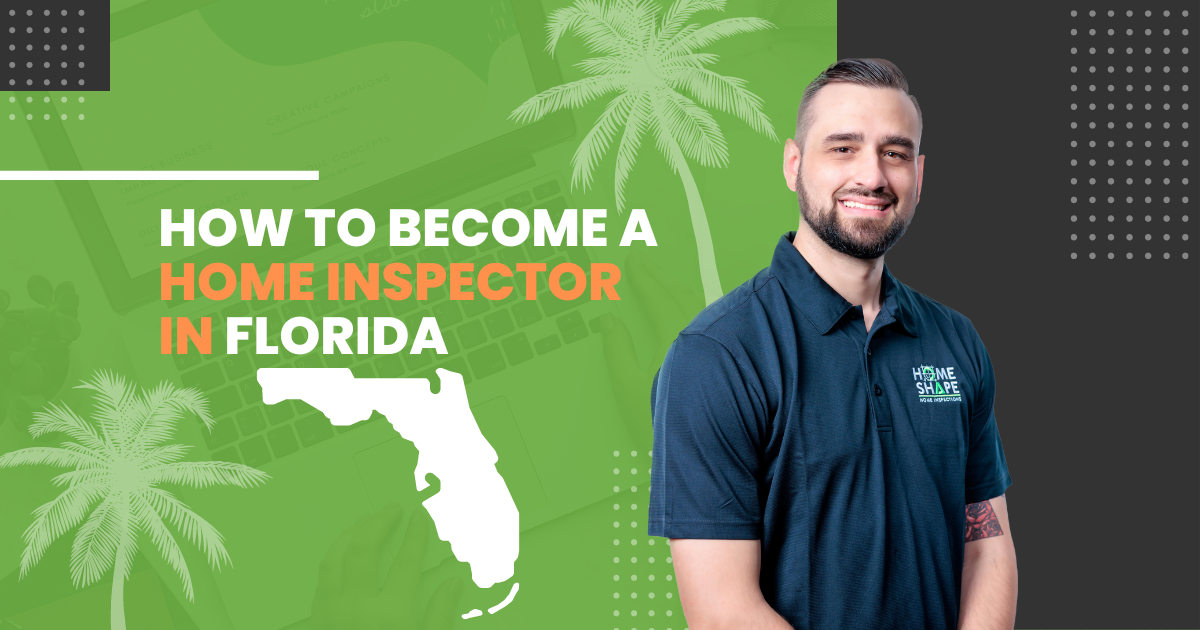First-time homebuyers, take note! This is a mistake I made and I did not correct it until my 3rd year of being a homeowner. You should not forget to apply for this exemption.
Florida’s Homestead Exemption.
Let\’s go over some basic information about Florida\’s homestead exemption. The Florida Homestead Exemption allows thousands of homeowners to save money on their property taxes each year. Getting the exemption can lower a home\’s taxable value by as much as $50,000, which means a lower annual tax bill. Furthermore, the property tax exemption does not impact the value of the property in the marketplace.
How the Homestead Works?
-
Homestead Exemption is a tax reduction for homeowners who make their property their permanent residence. This exemption could reduce the taxable value of your residence by up to $50,000 if approved. The first $25,000 of the exemption applies to all taxing authorities. This second $25,000 exemption excludes School Board taxes and applies to properties assessed between $50,000 and $75,000 in value. As a result, the homeowner would enjoy substantial savings on the taxes levied on their property by the various taxing authorities.
-
A property\’s assessed value cannot increase by more than 3% per year after it receives homestead exemption or the consumer price index increases, whichever is less. The consumer price index for 2021 is 1.4%.
-
Homeowners must file an initial application once they have moved into their property. The Homestead Exemption will be automatically renewed each year and a renewal receipt will be mailed to the homeowner if their exemption status hasn\’t changed. (i.e. mailing address, marital status, etc.). It is, however, the responsibility of the owner to notify the Property Appraiser of any change in their exemption status. Florida law requires the filing of a new application when any title change is made.
There Are Some Qualifications, Though.
PLEASE NOTE: These requirements may vary from county to county in the State of Florida. Always check with your local property appraiser or tax authority.
-
The applicant must be a U.S. citizen or have a Permanent Resident Card (copy of card required)
-
The applicant must be a legal resident of the county the property is located in (copy of Florida driver’s license with current, updated address required)
-
The applicant must have recorded legal or beneficial title to the property on which they are applying.
-
The applicant must maintain the property as their permanent legal home or the permanent home of a person who is legally or naturally dependent on them.
When Should You File? Now… Not Later.
-
January 1st through March 1st – Regular Filing time (For the current tax year)
-
March 2nd through December 31st – Prefiling (For the upcoming tax year)
-
Don’t forget; The Homestead Exemption will be automatically renewed each year and a renewal receipt will be mailed to the homeowner as long as NO changes have occurred to their exemption status.
Where Do You Submit Your Homestead Exemption?
-
All homestead exemption applications (Form DR501) and other required documentation will need to be submitted to your local county property appraiser.
-
This link will take you to Florida’s Department of Revenue Local Officials Directory. Here you can find each county’s property appraiser’s website.
Other Additional Florida Homestead Tax Exemptions.
Additional tax exemptions may be available. Contact your local property appraiser to learn more about exemption eligibility. The following are some examples drawn from local counties:
-
Limited Income Senior Exemptions
-
Disabled Veteran / Military Exemptions
-
Total / Permanent Disability
-
Total / Permanent Disabled First Responders
-
Widowed (surviving spouse)
-
Save Our Homes (SOH)
Get a Florida Home Inspection Quote Today.
If you are considering buying a home in Central Florida to use as your primary residence, you will need a home inspection from a state-licensed inspector. Get a free quote for your home inspection today from HomeShape Inspections. Before making one of the largest investments of your life, you should know the shape of your home.
[av_button_big label=\’Schedule Your Inspection\’ description_pos=\’\’ icon_select=\’yes-left-icon\’ icon=\’ue8ac\’ font=\’entypo-fontello\’ link=\’manually,#scheduleinspection\’ link_target=\’\’ title_attr=\’\’ size-text=\’\’ av-desktop-font-size-text=\’\’ av-medium-font-size-text=\’\’ av-small-font-size-text=\’\’ av-mini-font-size-text=\’\’ margin=\’\’ margin_sync=\’true\’ padding=\’\’ padding_sync=\’true\’ av-desktop-margin=\’\’ av-desktop-margin_sync=\’true\’ av-desktop-padding=\’\’ av-desktop-padding_sync=\’true\’ av-medium-margin=\’\’ av-medium-margin_sync=\’true\’ av-medium-padding=\’\’ av-medium-padding_sync=\’true\’ av-small-margin=\’\’ av-small-margin_sync=\’true\’ av-small-padding=\’\’ av-small-padding_sync=\’true\’ av-mini-margin=\’\’ av-mini-margin_sync=\’true\’ av-mini-padding=\’\’ av-mini-padding_sync=\’true\’ color=\’theme-color\’ btn_custom_grad_direction=\’vertical\’ btn_custom_grad_1=\’#000000\’ btn_custom_grad_2=\’#ffffff\’ btn_custom_grad_3=\’\’ btn_custom_grad_opacity=\’0.7\’ custom_bg=\’#444444\’ color_hover=\’theme-color-highlight\’ custom_bg_hover=\’#444444\’ color_font=\’theme-color\’ custom_font=\’#ffffff\’ color_font_hover=\’white\’ custom_font_hover=\’#ffffff\’ border=\’\’ border_width=\’\’ border_width_sync=\’true\’ border_color=\’\’ border_radius=\’\’ border_radius_sync=\’true\’ box_shadow=\’\’ box_shadow_style=\’0px,0px,0px,0px\’ box_shadow_color=\’\’ hover_opacity=\’\’ sonar_effect_effect=\’\’ sonar_effect_color=\’\’ sonar_effect_duration=\’1\’ sonar_effect_scale=\’\’ sonar_effect_opac=\’0.5\’ id=\’\’ custom_class=\’\’ template_class=\’\’ av_uid=\’av-2i351d\’ sc_version=\’1.0\’ admin_preview_bg=\’\’][/av_button_big]








